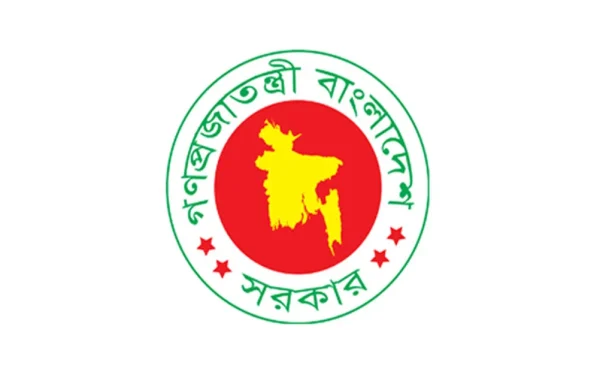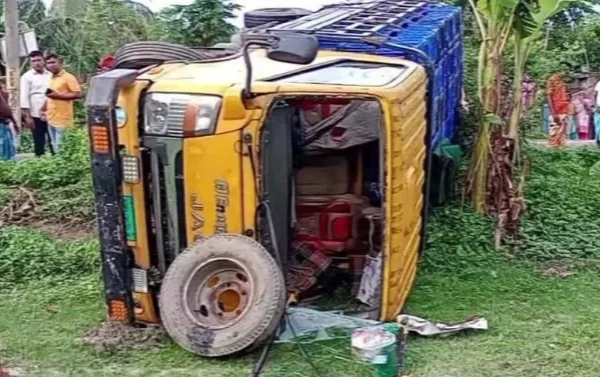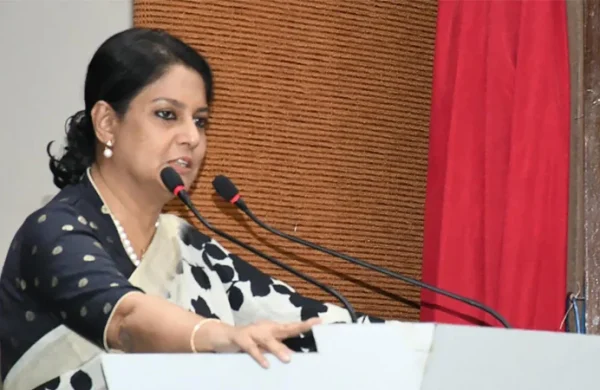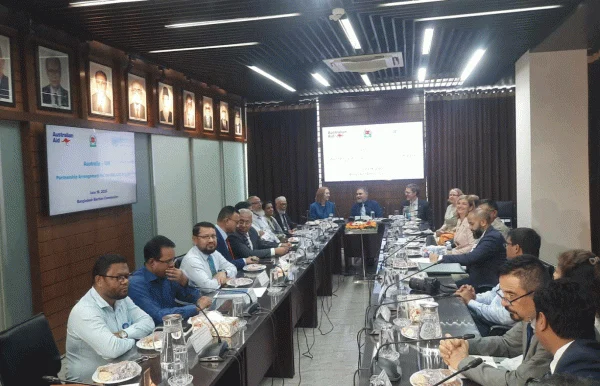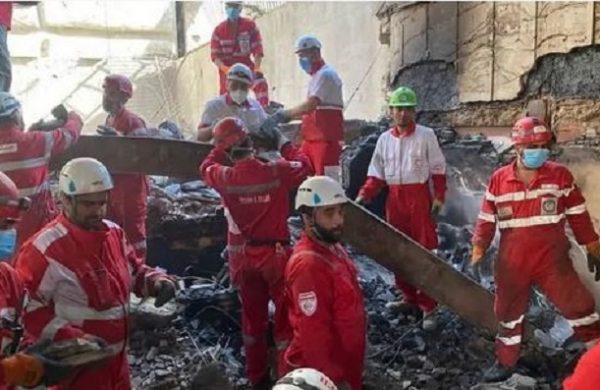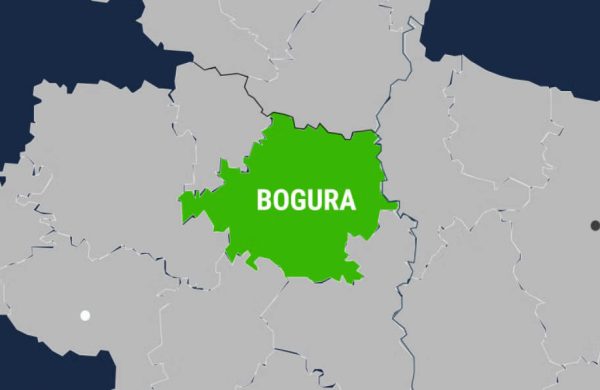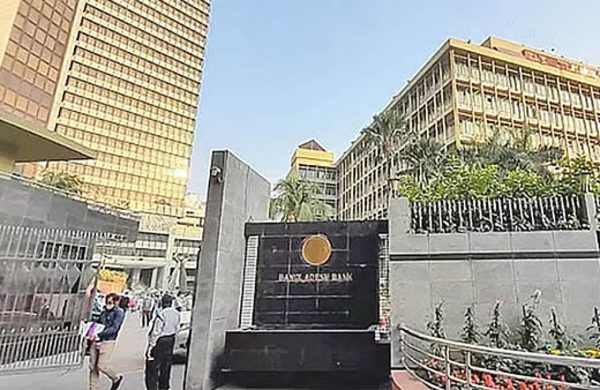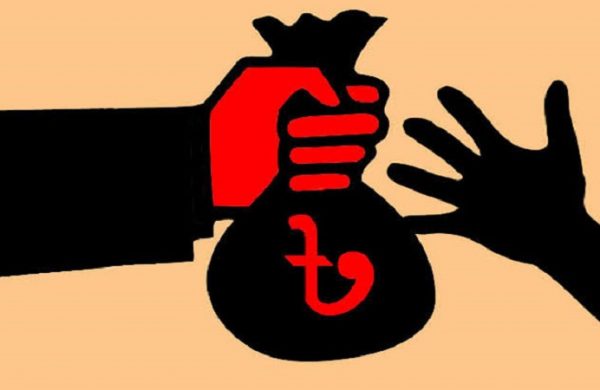Shammo murder: Motive still a mystery even after 36 days
- Update Time : Wednesday, June 18, 2025
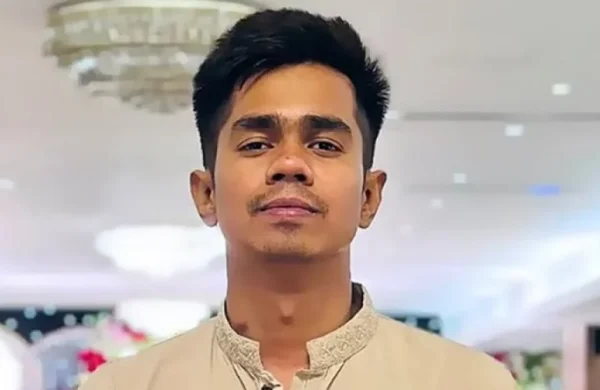
Staff Correspondent:
The Detective Branch is now delving deeper into the motive for Shammo’s murder, examining three possible angles.
Police have yet to determine the motive behind the murder of DU student Shahriar Alam Shammo, even though 36 days have passed since the incident.
The Detective Branch of Dhaka Metropolitan Police is now delving deeper into the motive for Shammo’s murder, examining three possible angles: whether the incident was related to exerting political influence, whether economic issues were involved, and whether it was linked to social positioning.
“We’re investigating from all these perspectives,” said Akter Morshed, the investigation officer of the Shammo murder case and an Inspector of DB Ramna Division.
They are also looking into whether there was any element of “premeditation” or “pre-planning” involved.
“We’re examining whether there was any hostility in their economic, political, or social activities,” Morshed added.
Meanwhile, police are interrogating the arrestees about possible motives.
“We haven’t found anything conclusive in the investigation so far,” said Morshed.
He also noted that the nature of the wound suggests it may have been a sudden act—someone becoming “irritated or frustrated” and stabbing.
“It seems like they stabbed just for the sake of stabbing. If it had been revenge-motivated, there would have been multiple stab wounds. But the medical report doesn’t mention multiple wounds,” Morshed added.
He further informed according to the doctor, the cause of death was blood loss.
The victim’s elder brother and National Citizen Party leader Sardar Amirul Islam Sagor told journalists that the family has not been informed about the motive either.
He further stated that the family was told police had arrested 11 individuals and were working with additional suspects to extract more details.
“If they truly believe they’ve caught the actual perpetrator, finding the motive should take no more than half an hour,” he said.
However, the murder of Shammo was not discussed in the DU Syndicate meeting on Monday, according to a member of the Syndicate who attended the meeting.
WHO WAS SHAMMO AND HOW WAS HE KILLED?
Shammo was a student at Dhaka University’s Institute of Education and Research and served as the literary and publications secretary of the AF Rahman Hall unit of Chhatra Dal.
According to the case statement, around 11:45pm on May 13, Shammo was returning to the university from Suhrawardy Udyan on a motorcycle with two of his friends.
As they approached the old fountain on the north side of the Ramna Kali Temple, 10–12 unidentified assailants rammed their motorcycles into Shammo’s, causing it to fall, the statement said.
When Shammo and his friends asked why they had done so, the attackers struck them with bricks and beat them with punches, kicks, and blows, causing multiple injuries to their heads and bodies, it added.
One of the attackers then stabbed Shammo repeatedly in the back of his right thigh with a sharp weapon, with the intent to kill.
When Shammo collapsed from heavy bleeding and bystanders tried to help, the assailants threatened and intimidated them before fleeing the scene, said the case documents.
Shammo was rushed to Dhaka Medical College Hospital, where the attending doctor declared him dead.
Following the incident, Shammo’s elder brother Shariful Islam filed a murder case with Shahbagh police station.
The accused in the case are: Md Tamim Hawlader, Palash Sardar, Samrat Mallik, Sohag, Hridoy Islam, and Robin.
On the night of May 13, Shahbagh police arrested Tamim, Palash, and Mallik during raids in Dhaka’s Green Road and Rajabazar areas.
The next day, the court ordered their detention in jail.
On May 17, the court granted six-day remands for each of them.
Later, on Friday, an additional five-day remand was granted.
On Sunday, police arrested Sohag, Hridoy, and Robin during a raid in the capital.
The following day, the court granted two-day remands for them.
So far, a total of 11 people have been arrested in connection with the case.
Of them, Hridoy and Nahid Hasan have given confessional statements.


